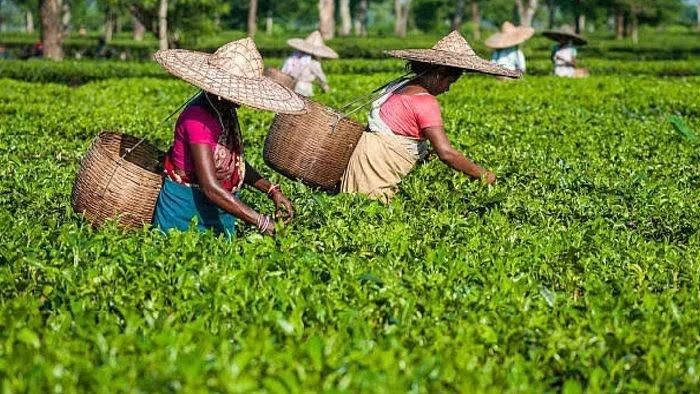
Guwahati: BJP MLA Mrinal Saikia has sounded the alarm over the sharp rise in Kenyan tea imports into India, cautioning that the trend could spell disaster for Assam’s century-old tea industry.
In a post on social media platform X, Saikia warned that unless urgent steps are taken to regulate the influx of low-cost Kenyan tea, the Assamese tea sector—already battling low prices and unsold stock—may face collapse. “If steps are not taken to curb the excessive import of Kenyan tea, the Assam tea industry faces the risk of collapse,” he wrote.
India, the world’s second-largest tea producer, has long enjoyed a strong international reputation, with Assam tea playing a major role in that legacy. However, Saikia argued that the unchecked entry of low-grade, cheaper Kenyan tea is undermining the demand and value of authentic Assam produce.
Citing figures, Saikia noted that India has imported 45% more tea from Kenya this year, even as warehouses in Assam remain filled with unsold stock and auction prices continue to crash. For the state’s 1.33 lakh Small Tea Growers (STGs), who contribute around 55% of Assam’s total tea output and provide livelihoods for nearly a million people, the situation has become dire. The price of raw green leaf has already dropped to ₹12–14 per kg, and the continued influx threatens to push rates even lower.
Reports indicate that more than 300 companies, including major players like Tata and Hindustan Unilever, are importing low-cost Kenyan tea. These imports are often blended with premium Assam tea before being re-exported or sold domestically, diluting the market for genuine Assam produce.
The crisis has affected both large estates and small growers, as falling prices for green leaves and processed tea have intensified financial distress across the sector. Saikia emphasised that the stakes are high, with lakhs of workers and cultivators depending directly on the industry for survival.
He urged the government to urgently review and revise the current tariff-free import policy, warning that failure to act would ring the “death knell for Assam tea.”
